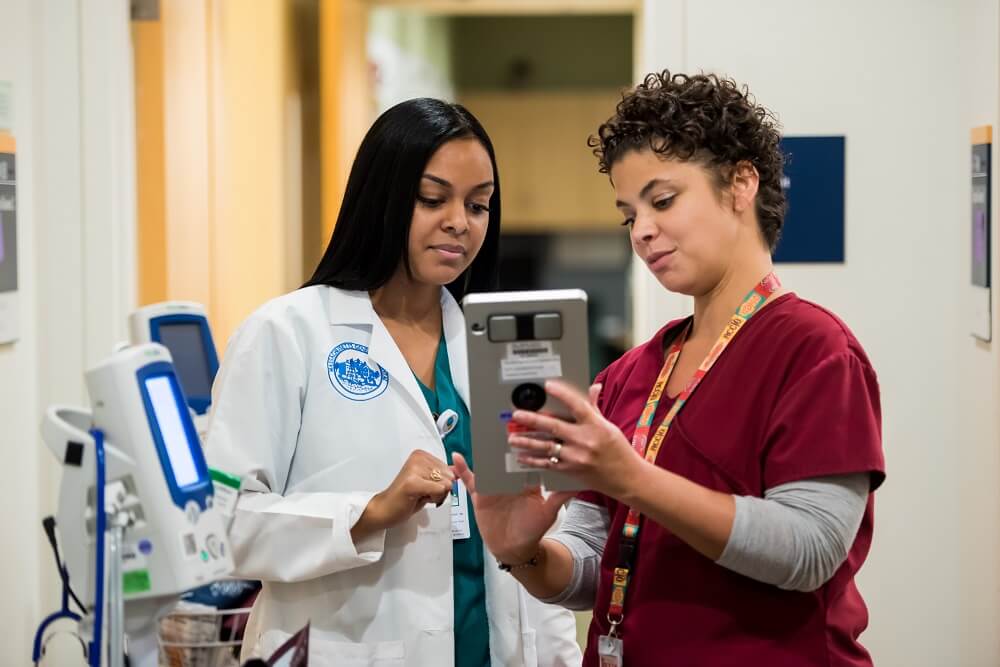Patient Safety Stars
Each year, Mass General honors Patient Safety Stars as part of its Patient Safety Awareness Week celebration.
At Massachusetts General Hospital, we place the highest priority on our commitment to consistently deliver the safest care possible for every patient.

Our culture encourages the reporting of any patient safety concerns by frontline staff. With our focus on eliminating preventable harms, by developing and sharing best practices, we hope to achieve the best possible patient outcomes.
In this section of our site, we monitor our performance on patient safety measures. Our measures include a range of clinical concerns.
Patient Safety Measures
Click on the titles below to see how we are doing.
Catheter-Associated Urinary Tract Infections (CAUTI)
See how Mass General's CAUTI rates compare to national benchmarks.
Central Line-Associated Bloodstream Infections (CLABSI)
See how Mass General’s CLABSI rates compare to national benchmarks.
Clostridioides Difficile (C. diff)
See how Mass General’s C. diff rates compare to national benchmarks.
Hand Hygiene
Practicing proper hand hygiene is the single most important action that health care workers can take to stop the spread of pathogens. See how Mass General is doing.
Methicillin Resistant Staphylococcus (MRSA) aureus
See how Mass General’s MRSA rates compare to national benchmarks.
Patient Falls with Injury
Mass General is dedicated to preventing patient falls and associated injuries. See how we are doing.
Pressure Injury
Mass General is dedicated to preventing pressure injury in patients. See how we are doing.
Sepsis
Mass General is committed to improving the detection and treatment of sepsis. See how we are doing.
Serious Reportable Events (SRE)
Hospitals in Massachusetts are required to report 29 specific adverse event types, called SREs, to the Department of Public Health. As part of our commitment to transparency, we invite consumers to view our SREs for 2018.
Charged Podcast: Designing Better Systems of Care
Dr. Aaronson discusses her role integrating palliative care in the ED during COVID-19 & using communication to help patients with serious illnesses.
